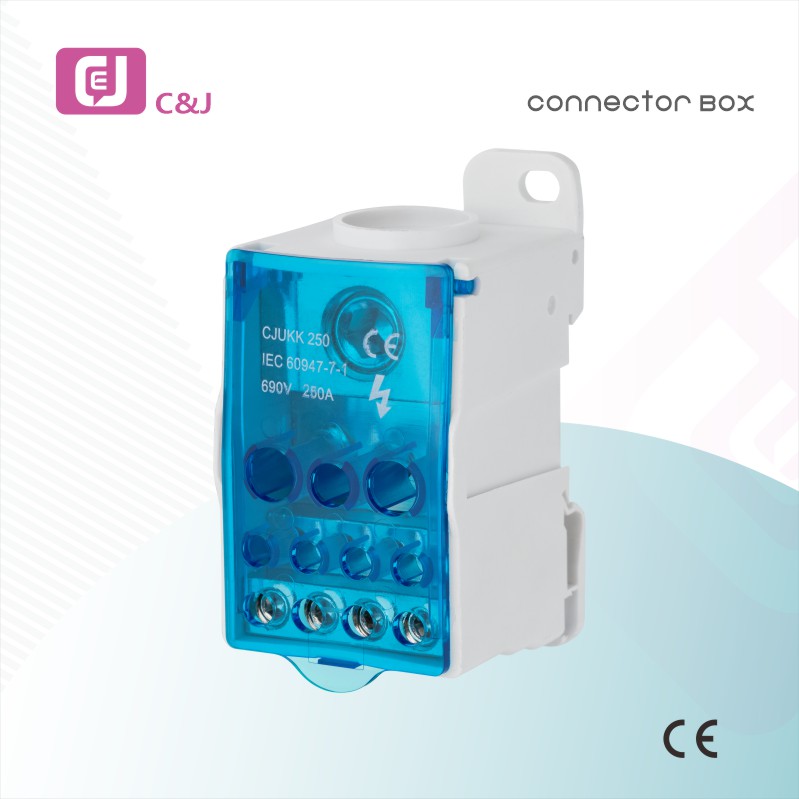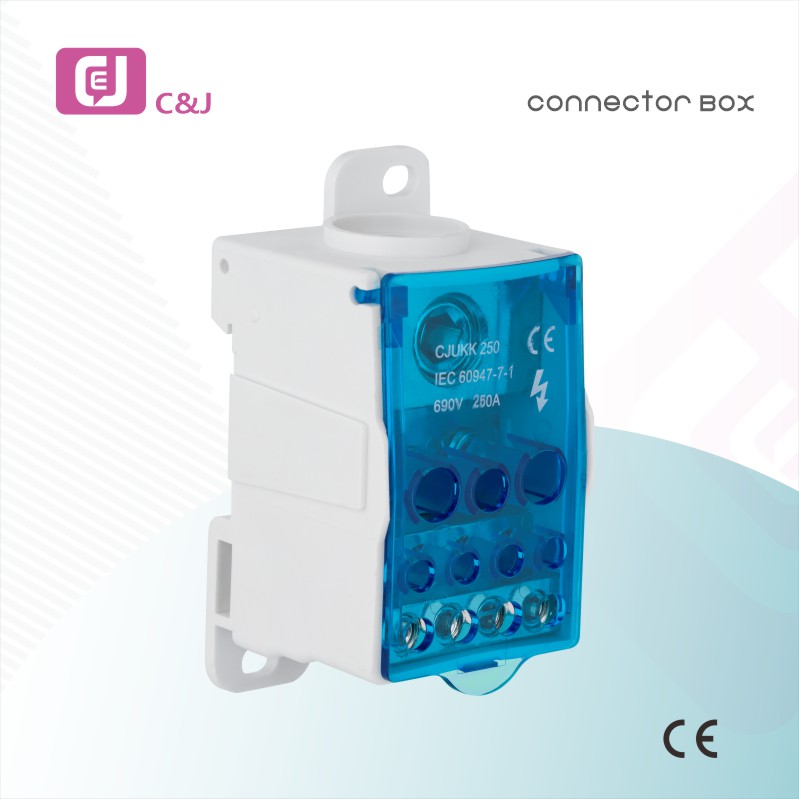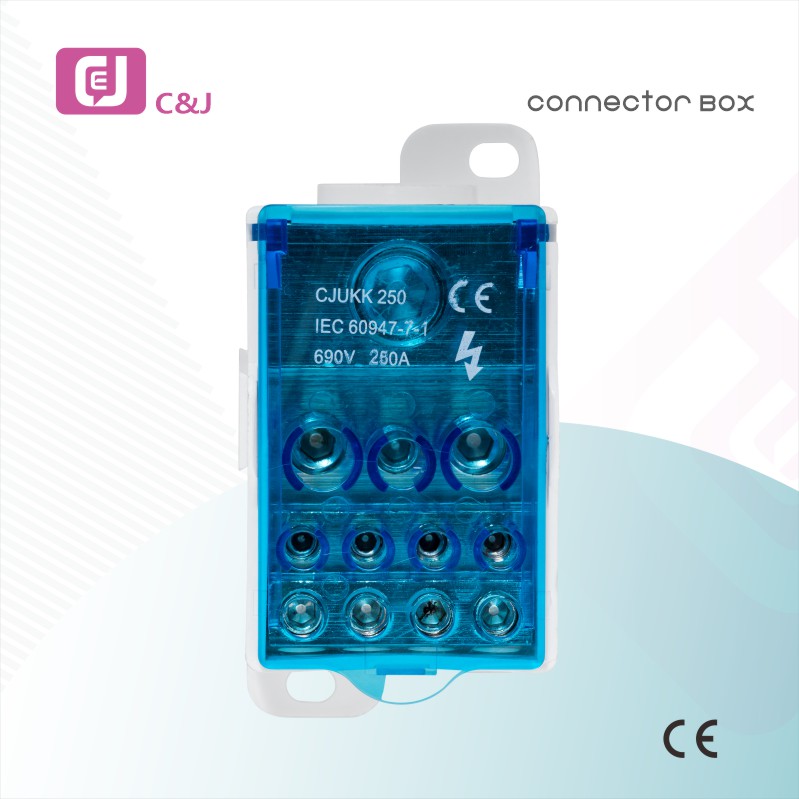Understanding Busbar Insulators: Essential Components of Electrical Systems
In the field of electrical engineering, the importance of reliable and efficient components cannot be overstated. Among these components, busbar insulators play a vital role in ensuring the safe and efficient operation of electrical systems. This article takes an in-depth look at the meaning, types, and applications of busbar insulators, and focuses on their basic functions in various electrical equipment.
What are busbar insulators?
A busbar insulator is a device used to support and electrically isolate busbars. A busbar is a conductive material used to distribute electrical current within an electrical system. Busbars are typically made of copper or aluminum and are used to carry high currents. However, to ensure safety and efficiency, it is critical to insulate these busbars from their surroundings and from each other. This is where busbar insulators come in handy.
Busbar insulators are designed to withstand high voltages and provide mechanical support to the busbars. They prevent electrical leakage, reduce the risk of short circuits, and protect against environmental factors such as moisture and dust. By ensuring that the busbars remain isolated, these insulators help maintain the integrity of the electrical system.
Types of busbar insulators
There are many different types of busbar insulators, each suitable for specific applications and environments. The most common types include:
1. Porcelain Insulators: Porcelain insulators are known for their durability and resistance to environmental factors and are often used in outdoor applications. They are resistant to high temperatures and UV radiation, making them ideal for substations and overhead transmission lines.
2. Polymer Insulators: These insulators are made of composite materials, are lightweight and easy to install. Polymer insulators are resistant to pollution and have a lower risk of cracking than porcelain insulators. They are often used in urban areas where space is limited.
3. Glass Insulators: Glass insulators have excellent electrical insulation properties and are highly resistant to environmental corrosion. They are often used in high voltage applications and are favored for their transparency, which facilitates visual inspection.
4. Epoxy Insulators: Epoxy insulators are made of epoxy resin and are known for their high mechanical strength and electrical insulation properties. Epoxy insulators are often used in compact electrical systems where space is limited.
Application of busbar insulators
Busbar insulators are used in a wide range of industries. Some key areas include:
- Power Generation and Distribution: In power plants and substations, busbar insulators are critical to safely distribute electricity from generators to transformers and other equipment.
- Industrial Facilities: Manufacturing plants often use busbars to distribute power to machinery and equipment. Insulators ensure that these busbars operate safely and efficiently.
- Renewable Energy Systems: In solar and wind energy installations, busbar insulators help manage the electrical connections between different components, ensuring optimal performance and safety.
- Transportation Systems: In electric railway and transportation systems, busbar insulators are critical to maintaining the electrical integrity of the power supply system.
In short
Busbar insulators are critical components in electrical infrastructure, providing safety, reliability and efficiency in power distribution. These insulators come in a wide variety of types, each suited to specific applications, playing an important role in modern power systems. As technology continues to advance, developing more efficient and durable busbar insulators is essential to meet the growing demands of the energy industry. Understanding the importance and function of busbar insulators is vital for engineers and technicians working in the field to ensure that power systems operate safely and efficiently.
Post time: Jul-28-2025




